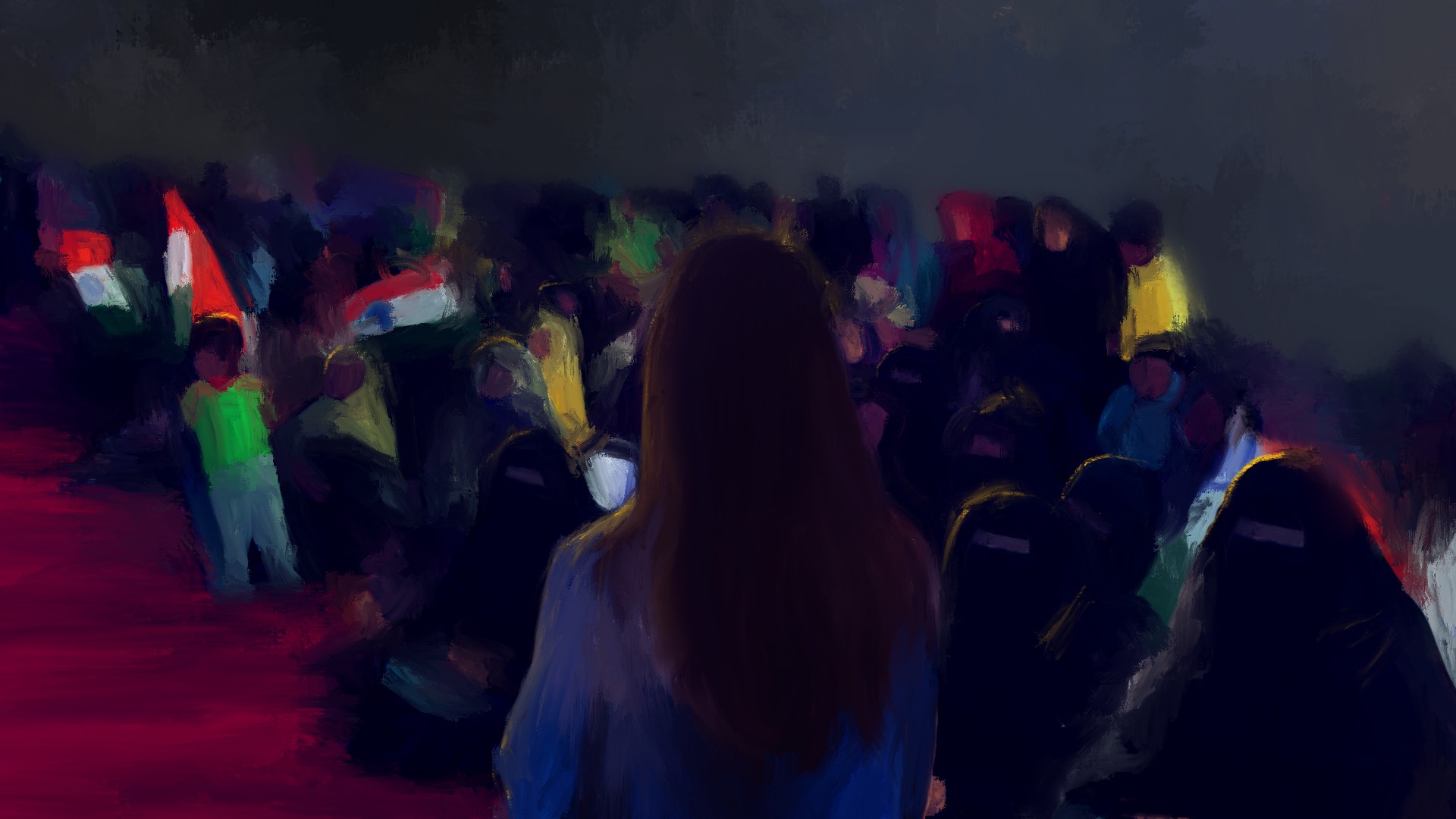It’s hard to find a place in a consuming revolution when you’re torn between feeling angsty, helpless, wanting to do something – no matter how minuscule – and pending school work and looming life-defining board examinations.
It gets harder when you’re only 17, which means a majority of your friends are either unaware or choose ignorance because “it is what it is”.
So just like any considerate citizen, for months I had been mentally draining myself because of the violence in the country. I desperately wanted to do something, but one excuse or another always held me back – no matter how deeply I felt or how much I cried myself to sleep.
I think therapy a week ago was my wake up call when my therapist asked me how I had been feeling. I didn’t see it coming, I don’t know what inside me broke but I cried. No, I wept and I was stuttering and all she could hear was me talking about the news and the fire and the country and my complicit friends in one breath.
It was a rock bottom of sorts, but hitting rock bottom helped me decide that it was time to hit the streets and not wallow in my privilege within the four walls of my home anymore.
I have had a strained relationship with my parents, but when I read the LiveWire piece ‘A Letter to My Parents: Thank You for Giving Me ‘Azaadi’ at Home‘, I thought of my mother and how she didn’t raise questions when I told her I was heading to Bilal Bagh, dubbed ‘the Shaheen Bagh in Bengaluru‘.
It felt comforting to not have to live a lie.
At 1 pm, I landed at my first protest. The atmosphere was quiet and while I was gazing at the artwork, I felt consumed but I didn’t know if I fit. I remember constantly overthinking about privilege and whether it cast a shadow over my ability to take an active part in the protest.
Except it all made sense when 10-year-old Hafza yanked on arm and asked me to colour with her.
Somewhere between writing the names of the children a canvas to serving lunch to the women of Bilal Bagh to actively volunteering to finally, by the end of the day, getting up on stage and performing a piece I wrote, it all made perfect sense.
It made perfect sense that this revolution was mine, was ours, that the Bagh was home, and that that wouldn’t have been possible if everybody there wasn’t so supporting. I remember when two of my friends refused lunch, an older woman said, ‘this is your home and you don’t say no to ghar ka khaana’. Then there were old women strapped with all-knowing smiles and hope after I recited Aamir Aziz’s poem, I saw women clad in niqabs not being held back by stereotypes, not breaking a sweat as they educated everybody on the revolution. Not for a minute did their voices tire out of inquilabs and azaadis.
Personally, it was the best there was for me, a 17-year-old who had close to mediocre nuances with writing in Urdu, close to zero encounters with volunteering, and yet there I was, consumed by the need to stay, to help, to feed these women who have been here for more than 23 days.
I cannot say if it was a purely selfless endeavour. I felt good about myself at the end of the day – despite the fumbles and shaky hands, the crowd cheered when I recited poetry.
I knew this wasn’t about self actualisation, but the bigger picture. I want to contribute to that frame, whatever it takes.
I was supposed to be home by 4 pm, three days before my board examinations. And yet there I was, right up until 7 pm. I practically had to be yelled at by my mother over the phone to leave. When I did, it was with a heavy heart.
The guilt that a day was hardly enough threatened to drown me, but instead I allowed the anticipation of being able to help in any which way I can in the coming days hold me up.
I can’t wait to go back and be fierce, I can’t wait to go back and have my voice join those of the tireless women of Bilal Bagh.
And it is that anticipation that I will hold on to, for as long as I can, as long as there is a revolution.
Rida Fathima is a seventeen year old who always has too much to say and never enough to write.
Featured image credit: Pariplab Chakraborty

